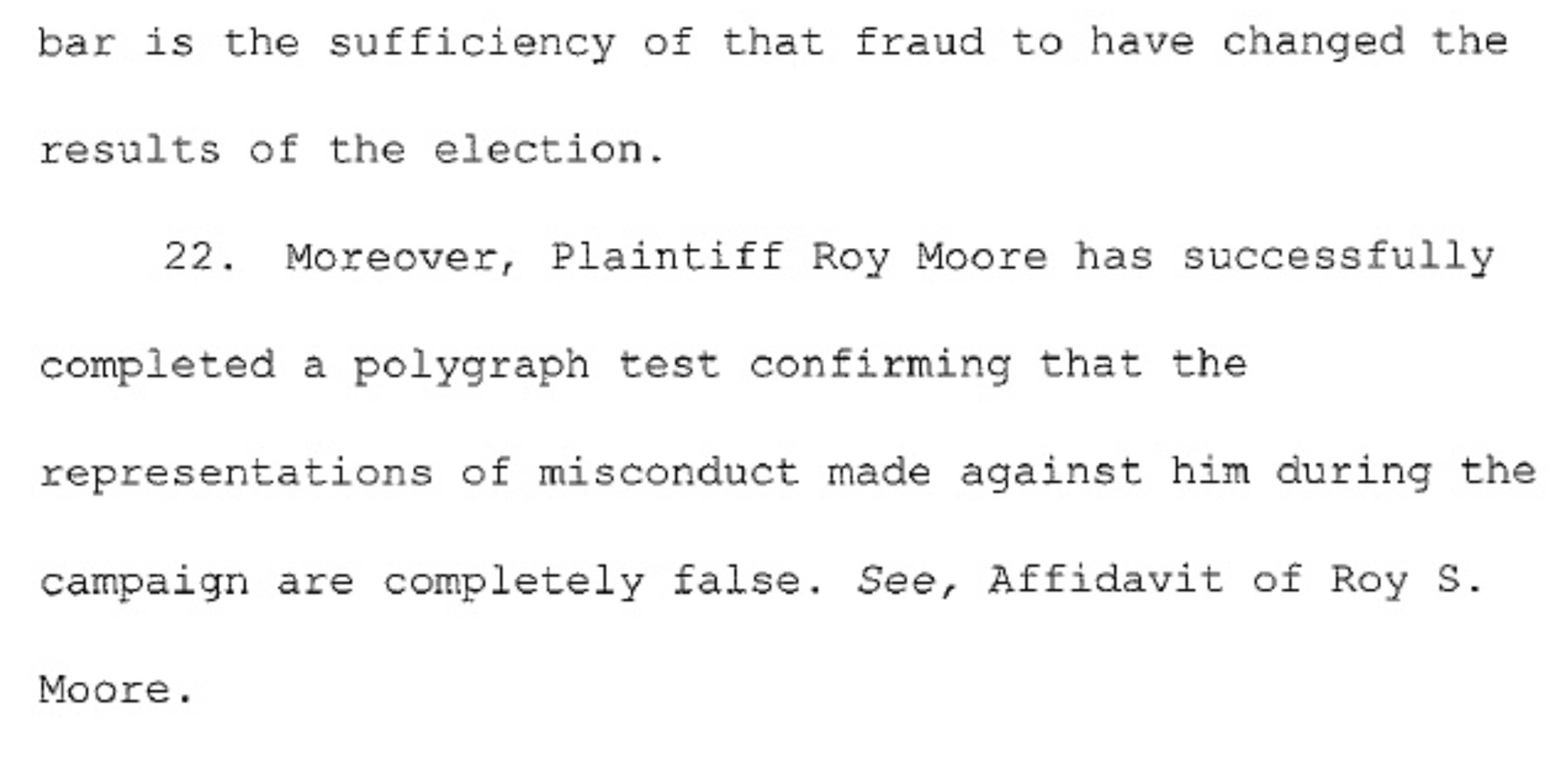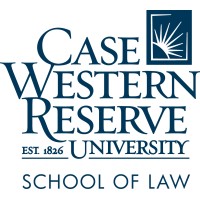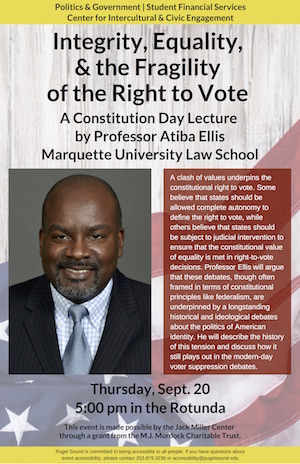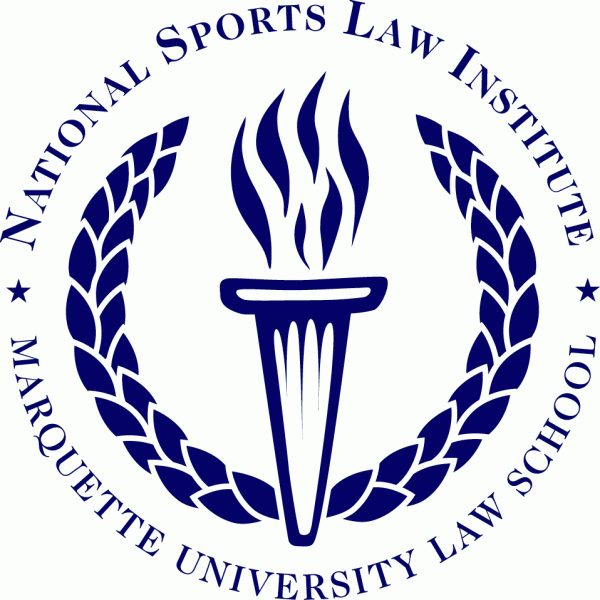Late Wednesday night, the campaign to elect Judge Roy Moore to the vacant Alabama Senate seat sought to enjoin the Secretary of State for Alabama from certifying the result of the December 14, 2017 special election where Moore lost to Doug Jones. The basis: allegations of rampant voter fraud apparently among and related to African American voters that need to be investigated. Fortunately for us, an Alabama judge denied the motion to enjoin the certification and dismissed the complaint with prejudice.
It is easy to write this off as a last-ditch attempt of a disgraced candidate to stop the inevitable. But we should reflect on the larger context. Once again, the meme of voter fraud — the rampant supposition without proof that illegal voters (largely voters of color) are distorting our elections through voter impersonation — rears its head again as a direct weapon to suppress the votes for Jones. This use of the specter of voter fraud as weapon against the word of voters, particularly minority voters, is nothing new. And it’s the new normal in the post-Trump world.
As you know, Jones defeated Moore largely due to the significant turnout of the Black vote and anemic moderate Republican vote. The day after the election, I argued that this happened despite voter suppression laws seemingly designed to stymie the transformative power that a fully enabled and mobilized African-American vote would represent.
Yet, the day after the election the meme of voter fraud emerged. In this case, the meme apparently starts publicly here, when Bill Mitchell (@mitchellvii), who is, apparently, “a famously outspoken Trump supporter,” tweeted this:

And there’s the meme of voter fraud in one tweet — the explanation for the higher turnout that swung the election was not lack of enthusiasm for a candidate who allegedly sought sexual relations with teenage girls, or the Alabaman African-American turnout that rivaled 2012 or 2016 turnout (coupled with lagging moderate white conservative turnout). It was voter impersonation — Mississippian voters impersonating Alabaman voters. The comments to this tweet included accusations of election rigging by outsiders, a “mysterious convoy of black buses,” and something completely random about the War on Christmas.
On December 13, Twitter responded with sarcastic comments like this:

But with the December 27 complaint by the Moore campaign, the meme is once again elevated to a last-ditch adversarial tool with the apparent end to subvert the will of the people. Yet the campaign’s complaint basically makes the same argument uttered in the tweets and comments. (1) irregular high turnout by black voters raises suspicion of voter fraud; (2) rumors of voter impersonation voter fraud by outsider voters raise concern; (3) outside partisan involvement (what other people call “politics”) raises suspicion; and (4) statistical analyses by election fraud experts raise suspicion. Moreover, in a quite-odd paragraph 22 of the complaint, we also see the Moore campaign seeking vindication of the truthfulness of their candidate in relation to the allegations that he sought sexual relations with teenage girls:

This, somehow, bolsters Judge Moore’s credibility.
Clearly this is a last-ditch effort to forestall the conclusion reached by the Alabama Secretary of State, the Republican Party, President Trump, and, in at least this instance, an Alabama judge — that Jones beat Moore fair and square.
And yet, these allegations should be situated in the larger context of the evolution of the meme of voter fraud into a political weapon designed to distort elections, which started as long ago as 2000 in the hotly contested race between then-Senator John Ashcroft of Missouri and the late governor of Missouri, Mel Carnahan. In the face of a loss to a dead man, the Ashcroft camp argued that dead voters in Missouri tipped the balance. Nothing came of this as Ashcroft went on to be Attorney General and, through investigations by his Department of Justice, put in-person voter impersonation voter fraud on the map. And this leant credence to the movement for voter identification laws.
More famously and recently, President Trump argued via Twitter that the participation of “illegal voters” (read, illegal immigrants) were the reason why he lost the popular vote by nearly three million votes. A year later, President Trump has offered nothing in the way of proof to support this allegation. Also, in the election of 2016, Pat McCrory, who lost the governor’s office in North Carolina to then-Attorney General Roy Cooper, alleged a mass conspiracy of voter fraud denied him the election. Like Moore, McCrory filed objections and when those objections were denied, he sought a recount. The recount, and a subsequent audit by the North Carolina Board of Elections showed few irregularities, including several hundred miscast votes by former felons, some double voting, and one — ONE — vote out of the 4.5 million cast in the North Carolina 2016 gubernatorial race that could have been forestalled by voter identification laws. Voting errors are to be expected, and in North Carolina, those errors certainly did not amount to a grand conspiracy by the Democrats — what McCrory alleged — to steal the election.
Moore’s post-election litigation in the face of the door closing on his campaign fits this same pattern. And, true to form, a judge has declined to equate rumor and innuendo with proof — or even concern — sufficient to stop the mechanisms of democracy from working. The influence of political outsiders, the rumors of black votes being bussed in from Mississippi, and higher than expected African American turnout in predominantly African American counties (which, by the way, was at the same rate as for Clinton last year, as I noted earlier) does not equate to a mass conspiracy of voter fraud.
Alleging a mass conspiracy of voter fraud with nothing but rumor is a bad play. No major state or national election has been reversed because of the meme of voter fraud. Yet it persists because it is a political statement. It is a politics that exists around the idea that the meme is real, and therefore such subversion ought to be opposed. This kind of paranoia can motivate voters. And so, it becomes the equivalent of a party line.
On another level, this use of the meme of voter fraud to attempt to thwart an election is really another battle in the war over American identity. In Alabama, we saw the power of the black vote met with unbelievable conspiracy theories. To make such a claim of voter fraud without tangible proof is to engage in identity politics of the worse kind. It is to delegitimize the votes of citizens because of a set presumption against their citizens’ worthiness through complaining about their votes’ validity. This parrots our too tragic history of violence against minority voting by legislative means.
But it is also the old tactics of voter suppression coming into their own in the era of Trump. This won’t be the last you will hear of the meme of voter fraud.


 At the heart of the modern battles over the American right to vote is a tension between two constitutional values. On one side is the original Constitution and the autonomy it grants the states over the franchise. On the other are the Reconstruction Amendments and the modern demands for equality. With few textual caveats, the Constitution of 1789 gave states near-autonomy to shape the right to vote. Many states did so in a way that reflected an antebellum vision of citizenship rooted in popular (in its time) eighteenth-century notions of status, wealth, and identity—a definition that excluded many. This value of autonomy, and the social ordering underlying it, continues to influence the modern contours of voting rights despite the social transformations the United States has undergone. Yet these movements toward social transformation put the value of autonomy in tension with the value of equality, so that within a generation of the framing of the Constitution, the identity of the American citizen became a contested concept. This contest led to the post-Civil War amendment of the Constitution to include doctrines geared towards citizenry equality and the practice of federal intervention to insure enforcement of those doctrines. Thus, from a modern perspective, equality of citizens has become an important (and some may argue more important) a value as state autonomy. Yet this proposition remains a contested concept measured against the value of state autonomy. Thus, state autonomy (and its use to hold to the arguable residuary of an antebellum social order) and post-Reconstruction equality (and its use to form a new social order) continue to be at odds. This talk will offer perspectives on this competition of values within the right-to-vote context and describe how these tensions play out in the modern-day voter suppression debates.
At the heart of the modern battles over the American right to vote is a tension between two constitutional values. On one side is the original Constitution and the autonomy it grants the states over the franchise. On the other are the Reconstruction Amendments and the modern demands for equality. With few textual caveats, the Constitution of 1789 gave states near-autonomy to shape the right to vote. Many states did so in a way that reflected an antebellum vision of citizenship rooted in popular (in its time) eighteenth-century notions of status, wealth, and identity—a definition that excluded many. This value of autonomy, and the social ordering underlying it, continues to influence the modern contours of voting rights despite the social transformations the United States has undergone. Yet these movements toward social transformation put the value of autonomy in tension with the value of equality, so that within a generation of the framing of the Constitution, the identity of the American citizen became a contested concept. This contest led to the post-Civil War amendment of the Constitution to include doctrines geared towards citizenry equality and the practice of federal intervention to insure enforcement of those doctrines. Thus, from a modern perspective, equality of citizens has become an important (and some may argue more important) a value as state autonomy. Yet this proposition remains a contested concept measured against the value of state autonomy. Thus, state autonomy (and its use to hold to the arguable residuary of an antebellum social order) and post-Reconstruction equality (and its use to form a new social order) continue to be at odds. This talk will offer perspectives on this competition of values within the right-to-vote context and describe how these tensions play out in the modern-day voter suppression debates. It is this right that makes the US a democratic form of government, it is this right that is, in the words of the Supreme Court, “preservative of all other rights.”
It is this right that makes the US a democratic form of government, it is this right that is, in the words of the Supreme Court, “preservative of all other rights.”



 When Political Domination Becomes Racial Discrimination: NAACP v. McCrory and the Inextricable Problem of Race in Politics
When Political Domination Becomes Racial Discrimination: NAACP v. McCrory and the Inextricable Problem of Race in Politics


 TEDxOshkosh performance: Using Memes to Break Out of Voter Fraud Talk
TEDxOshkosh performance: Using Memes to Break Out of Voter Fraud Talk


 forward to reflecting on the open, online
forward to reflecting on the open, online